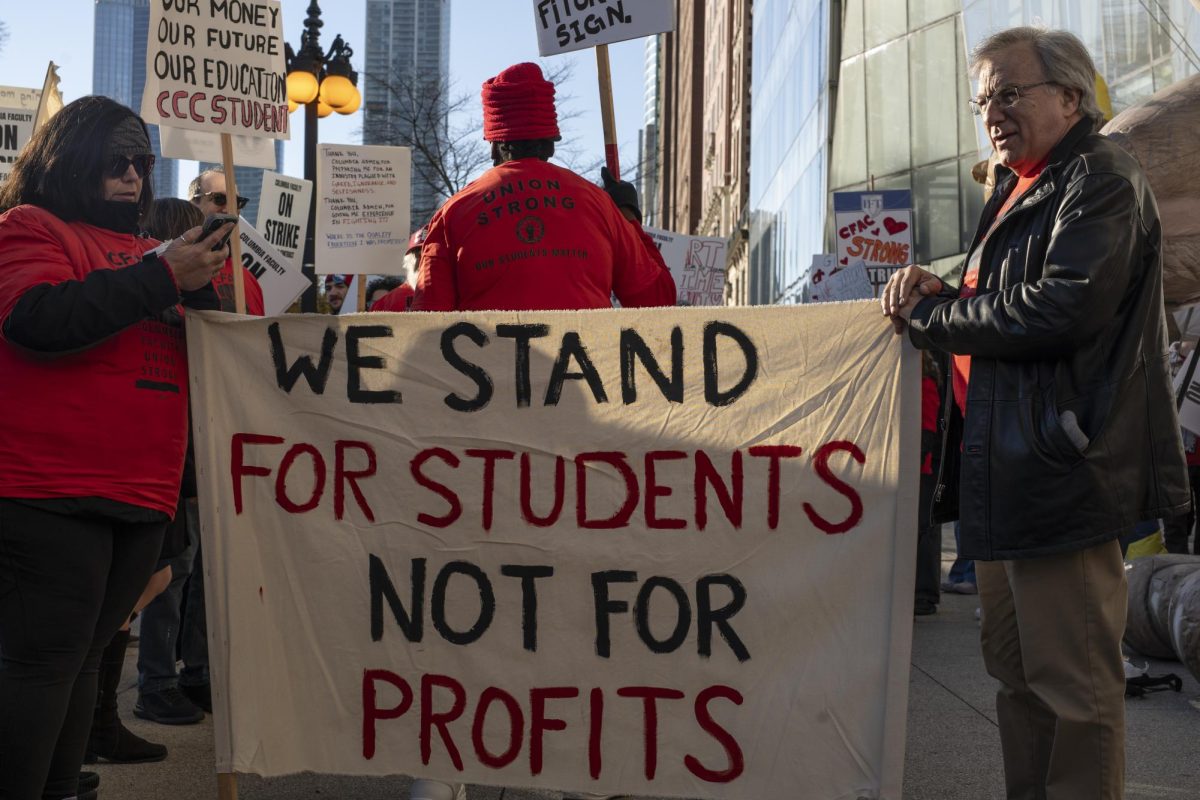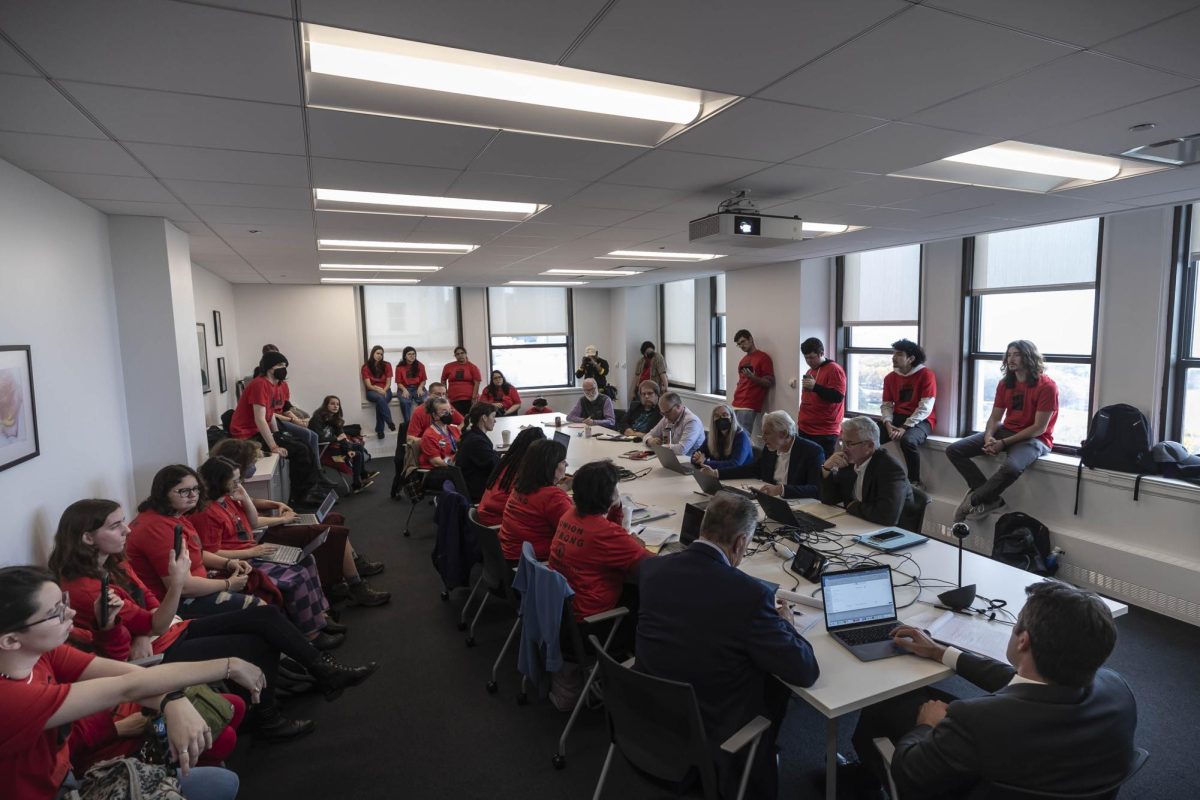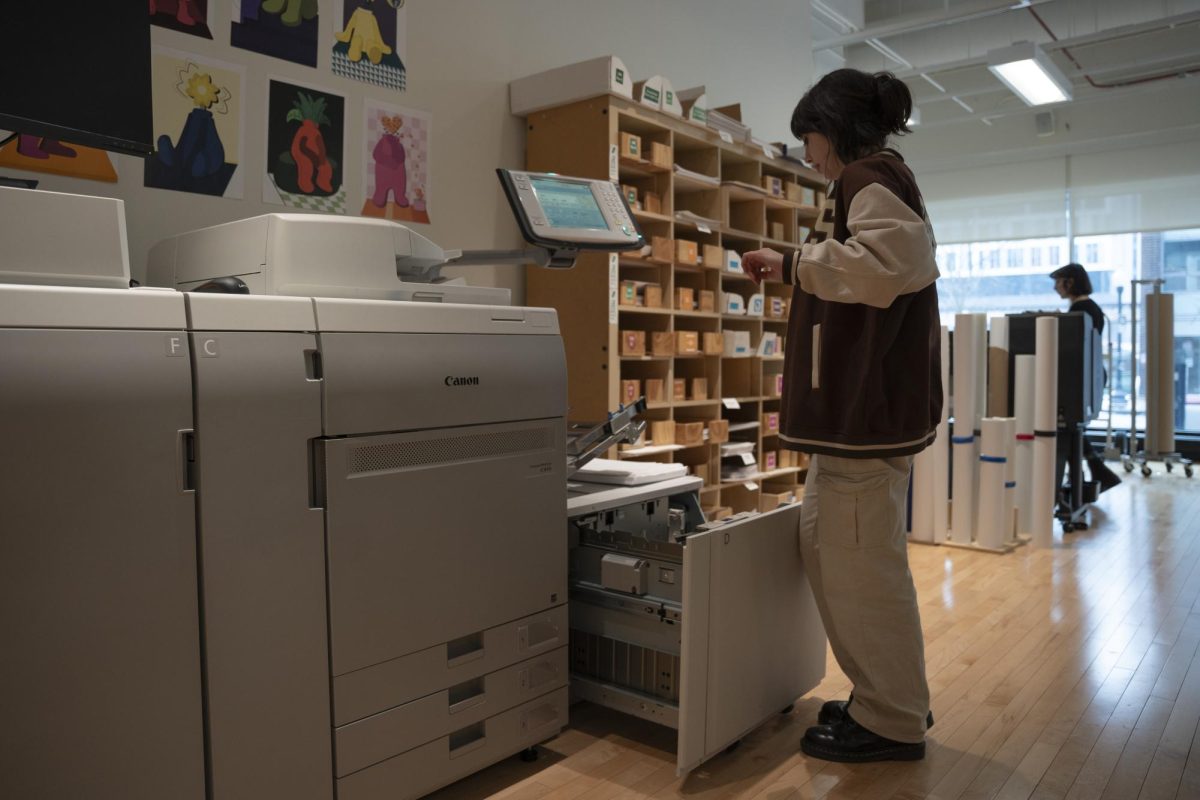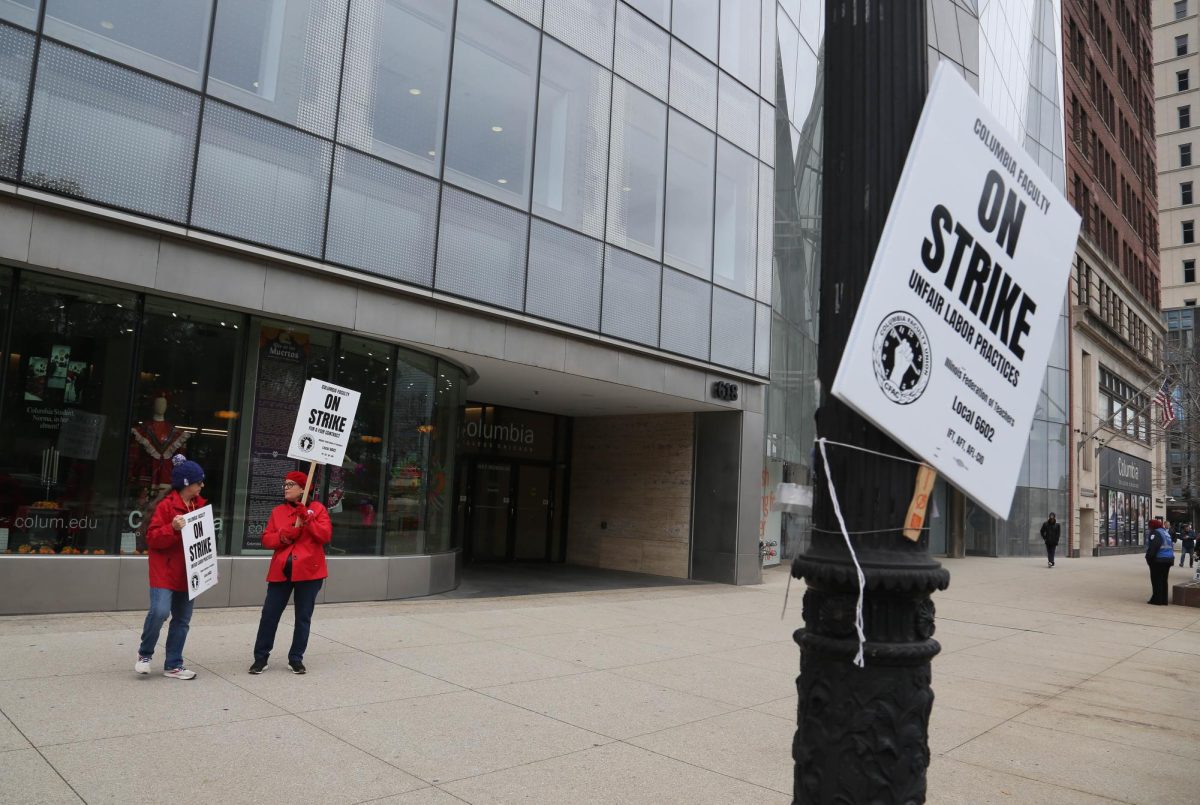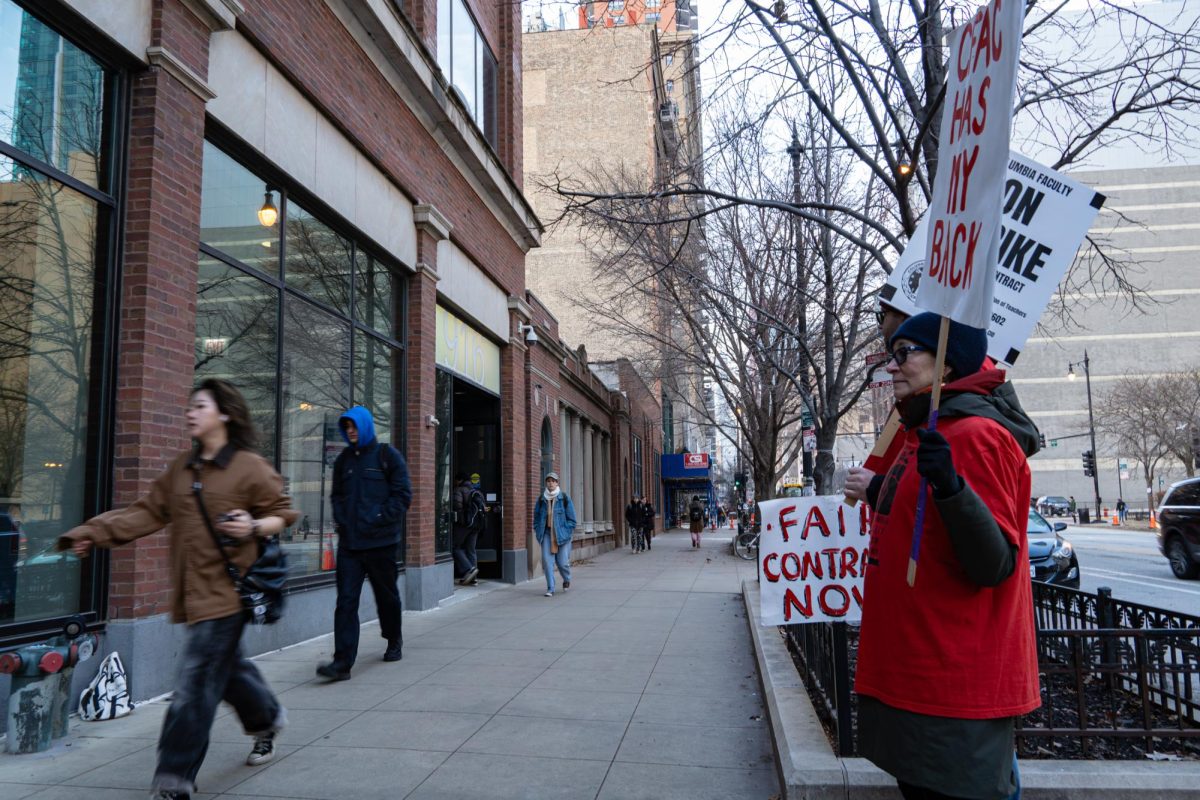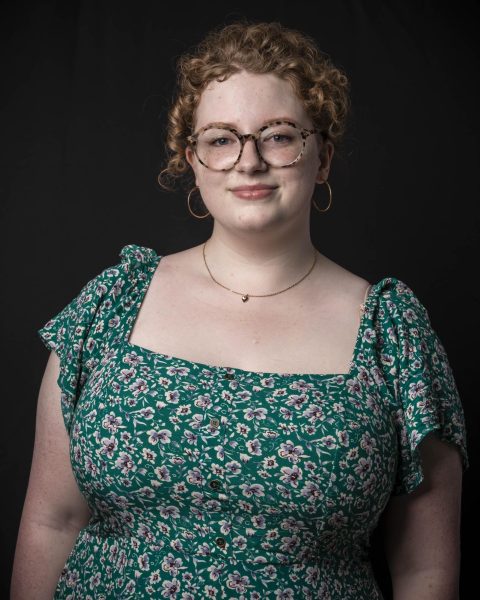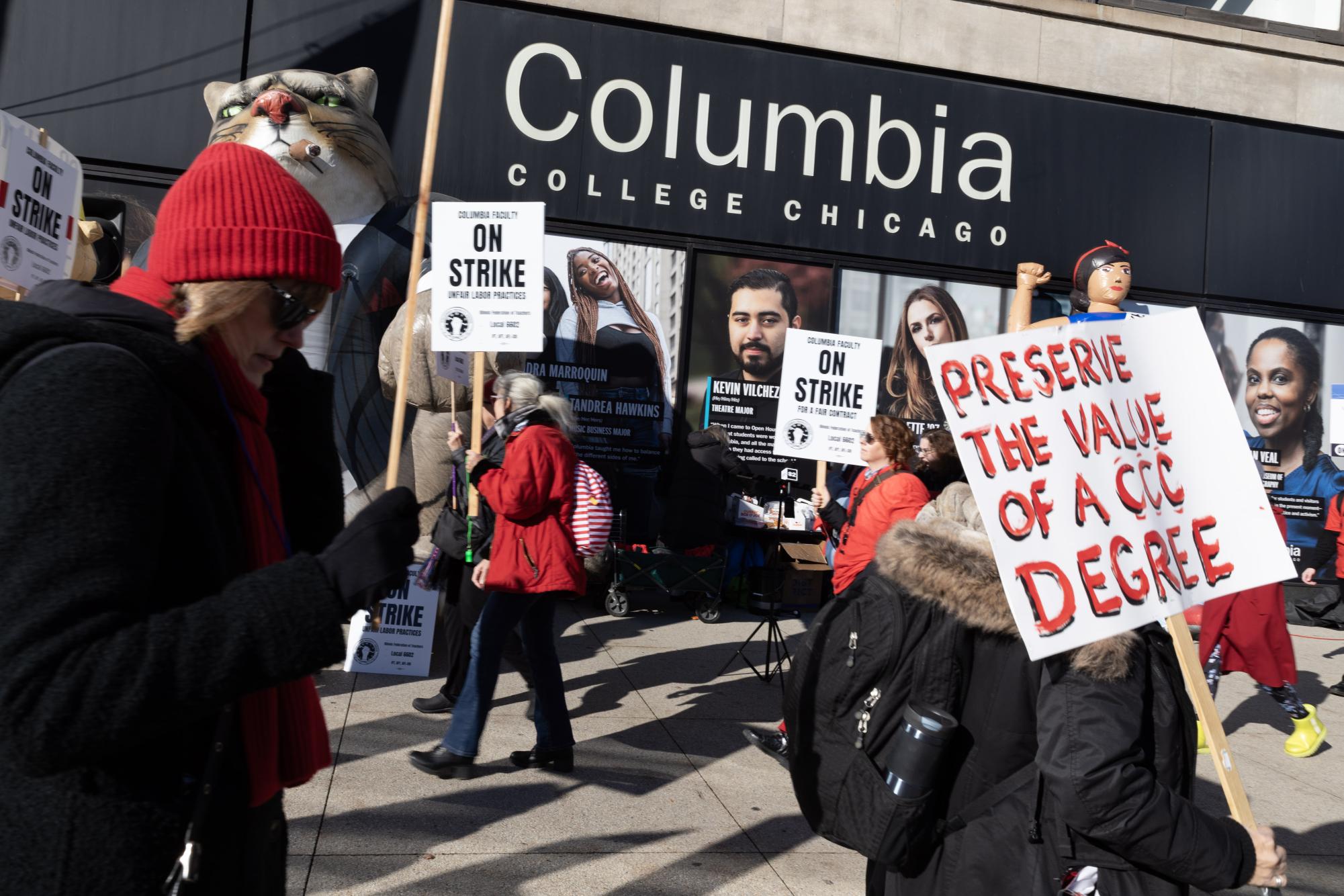
The college will host an open house on Saturday, Nov. 11, as negotiations between the administration and striking part-time faculty union continue through the weekend.
The event will allow students and guests to learn about different departments by visiting campus facilities and talking to students and faculty. As of Oct. 27, the college was expecting 1,400 to 1,500 people, including about 500 to 600 students. This is a 17% increase in the number of registrants from last year.
The college announced in April that it would need to increase new student enrollment, improve student retention, increase net tuition revenue and achieve operational efficiencies to mitigate the $20 million financial deficit. In September, President and CEO Kwang-Wu Kim said that the college remained “off track” in closing the deficit due to not meeting recruitment and retentiongoals.
Some of the college’s cost-cutting measures include the elimination of certain courses and an increase in some class sizes. These decisions will give part-time faculty fewer opportunities to teach and have contributed to the union’s decision to strike.
Derek Brinkley, assistant vice president of undergraduate admissions, said that official campus visits for prospective students have continued as scheduled during the strike, but that admissions and student ambassadors are providing context about the ongoing strike for visiting families.
“We still have not received any emails, calls or comments in person regarding the strike from prospective students and families. At this time, we continue to monitor the situation and will put appropriate plans together as needed,” Brinkley said in an email to the Chronicle on Monday, Nov. 6.
Recruitment events have also continued. The Communication Department held a high school fair for Chicago Public Schools students on Nov. 3, the fifth day of the strike.
While admissions continue to work on recruiting new students, retention of current students is still an area of concern.
At the first all-faculty conference of the school year on Aug. 16, President and CEO Kwang-Wu Kim spoke about the financial deficit. “I think the potential crisis for Columbia is that we get to a point, not that far from now, where we might have to start trading our values for survival,” Kim said.
Kim said that to keep from going in that direction, the college would prioritize increasing student retention, which he said was “too low for the quality of institution that we are.”
Jasmine Dunigan, a sophomore film and television major, is frustrated by Columbia.
“Am I getting my money’s worth? I’m struggling to find classes that genuinely spark my interest and fulfill my educational needs. Meeting with my advisors during the school year is always a struggle and over all I question whether staying is worth the financial toll it could cause my family,” Dunigan said.
Dunigan chose to remain at Columbia this year for opportunities like the Semester in LA program and other chances to network with industry professionals, but says that as time passes, “it appears that those opportunities are becoming less accessible.”
With all of her classes now on pause, Dunigan said that the strike has added to her original concerns about staying at Columbia.
“When I found out that it’s a possibility that if the strike continues, everyone will just pass their classes, I was honestly upset. Not only had I already put time and effort into class projects, but I was paying for every single class. So, if I just get ‘passed,’ what exactly did I pay for?” Dunigan said. “This also upset my parents because once again it seems like a waste of money.”
Greg Foster-Rice, associate provost for Student Retention Initiatives, said that while the current conflict between administration and the union may prove to have an effect on student retention, the college is still working to address student concerns.
“I’m sure it’s all having some impact, but we are committed to mitigating any confusion or impact by supporting student success, which is ultimately the desire of all faculty and staff,” Foster-Rice said.
During a Zoom call hosted by the union late Sunday, Nov. 5, students expressed concerns about their ability to receive credit for courses taught by striking faculty or were unsure whether or not to register for the spring semester as the strike continued into its second week.
“We want students to know that the schedule that is online is the schedule of courses that will run in Spring 2024. And we are committed to offering sufficient seats in our most in-demand, required courses for graduation. We’re doing our best to monitor registration and ensure that student needs are met,” Foster-Rice said.
While she has seen the college’s messaging, Dunigan said she hasn’t had anyone address her more personal concerns, especially as a Black woman pursuing film and television.
“I haven’t had someone talk one-on-one with me about how to navigate this shift and assure me that I’m still on the path to success. That assurance comes from my friends, my family, God and ultimately me,” Dunigan said.








